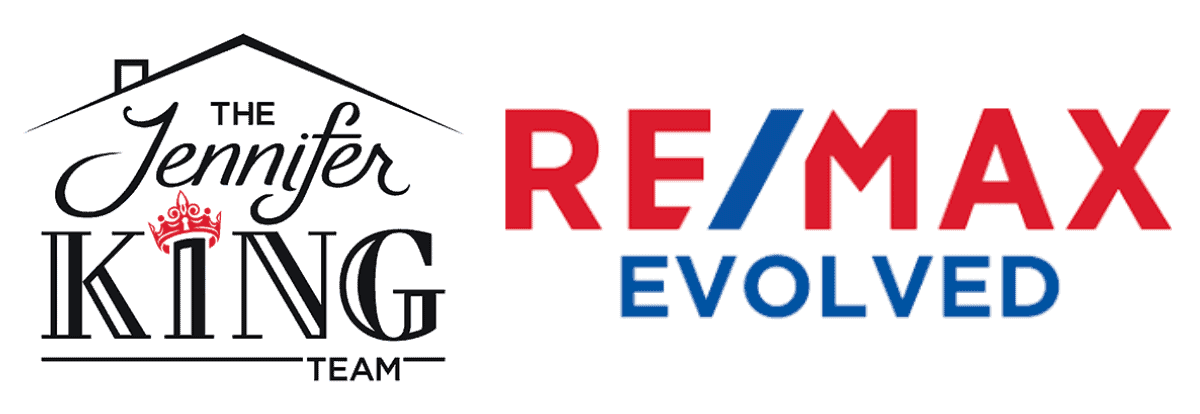Home inspection tips for sellers, inspection time frames and more can be found here! Questions? Call The Jennifer King Team @ 717-723-9080!
Inspection Appointment Scheduling
Here are a few quick pointers relating to the home inspection process:
How Long Does A Home Inspection Last?
Inspections typically last 3-4 hours. Buyers are often present (with their hired home inspector) during this time. We recommend that sellers are NOT present for the inspections. The inspector has a keycard and is able to gain access at the scheduled time, so you don’t have to be present for access. The inspector will go through the entire home, inspect all items roof to basement and note any items that need repair, and/or are nearing the end of their life.
How To Prepare For A Home Inspection
Clean the house – This sounds simple, but many sellers overlook this tactic. Home inspectors are people first, inspectors second. Clean homes suggest to buyers and inspectors that the home has been well maintained.
Keep the moving ‘mess’ organized. Everyone recognizes that you’re likely packing for a move. We recommend that boxes are stacked neatly, often in the basement or garage, and away from mechanicals, and walls. (ie center of a room in the basement, etc.) so that outlets aren’t blocked from visibility and testing. It’s important to provide a minimum of three to four feet of working/inspection space around the mechanicals.
Be prepared ahead of the scheduled time. Buyers and home inspectors may arrive early. Make sure you’re dressed and ready to leave the home!
 All utilities should be powered/connected. Please make sure that ALL utilities (water, electric, gas/oil/LP gas) – AND all appliances – water heaters, fireplaces, HVAC equipment, garage door openers, lights, etc.) are operational, and that safe, unobstructed access is available. (this also includes electrical panels, crawl spaces in basements, attics, etc.).
All utilities should be powered/connected. Please make sure that ALL utilities (water, electric, gas/oil/LP gas) – AND all appliances – water heaters, fireplaces, HVAC equipment, garage door openers, lights, etc.) are operational, and that safe, unobstructed access is available. (this also includes electrical panels, crawl spaces in basements, attics, etc.).
*NOTE* The inspector is not permitted to move personal items or to activate non-functional utilities (i.e. lighting “pilot” gas appliances, etc.) or move furniture or personal belongings. If they have to make a repeat trip to the property due to inaccessibility, there is often a charge to the sellers, and this could delay inspection timelines and/or settlement.
Leave keys and/or openers. If your electrical box and/or any parts of the home or outbuildings require a key, it’s important to leave them at the home for the inspector’s use. (ie – laying on the kitchen counter)
 Clear brush and/or snow from the exterior of the home. No one expects you to shovel a tunnel around the foundation, but if the visibility and access are blocked by snow, do provide a path around the house. In the spring/summer/fall, consider cutting back trees and bushes that are touching the house, and ensure that mulch is below the siding (if applicable) line and not sloping towards the home.
Clear brush and/or snow from the exterior of the home. No one expects you to shovel a tunnel around the foundation, but if the visibility and access are blocked by snow, do provide a path around the house. In the spring/summer/fall, consider cutting back trees and bushes that are touching the house, and ensure that mulch is below the siding (if applicable) line and not sloping towards the home.
Provide repair documents. We suggest leaving repair and/or maintenance receipts in a visible location (ie – kitchen counter) – for documented work, especially updates and upgrades to items such as the roof, the heating/cooling system, electrical upgrades, new appliances, etc..
Leave the property for three hours minimum. Buyers often accompany the home inspector they’ve hired – and will feel more comfortable to ask questions if the sellers aren’t present. Remove pets and/or crate them if they can’t be removed.
When Will We Find Out The Results Of The Home Inspections?
What Happens If Items Need To Be Repaired?
What’s The Timeline For Inspections And Negotiations?

Rest assured that our team has been successfully negotiating inspections and repair issues for many years, and we’ll work help our seller clients throughout this process! Our goal is always to make this a “win-win” for all parties!
People also read:




